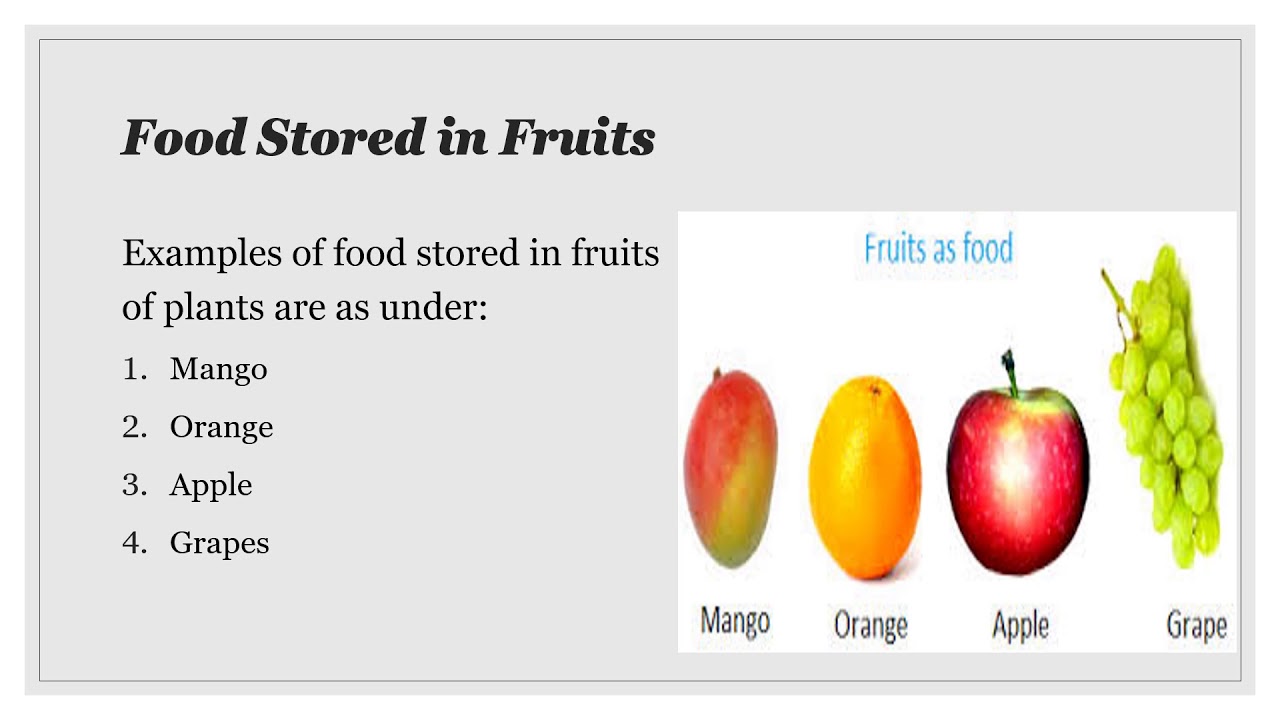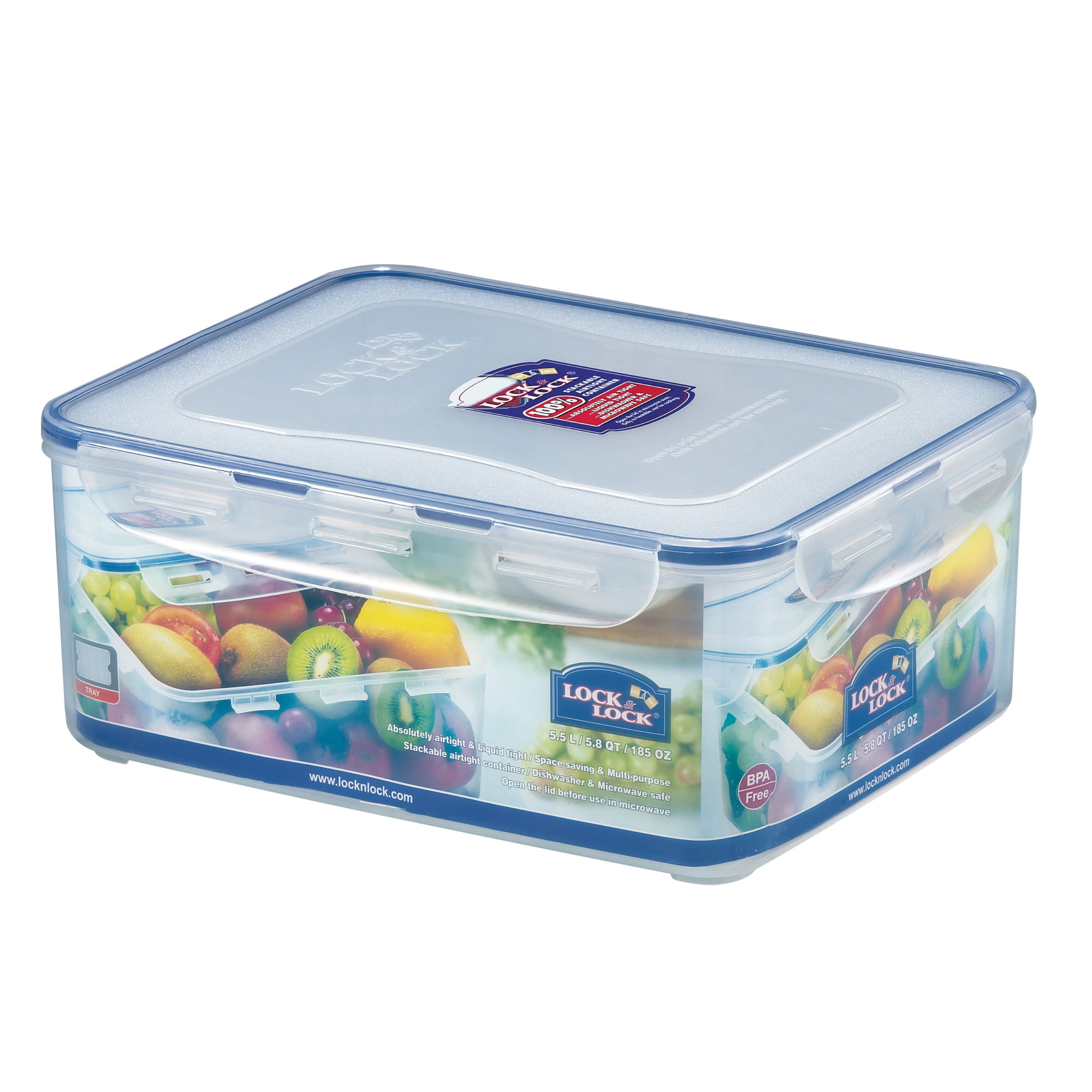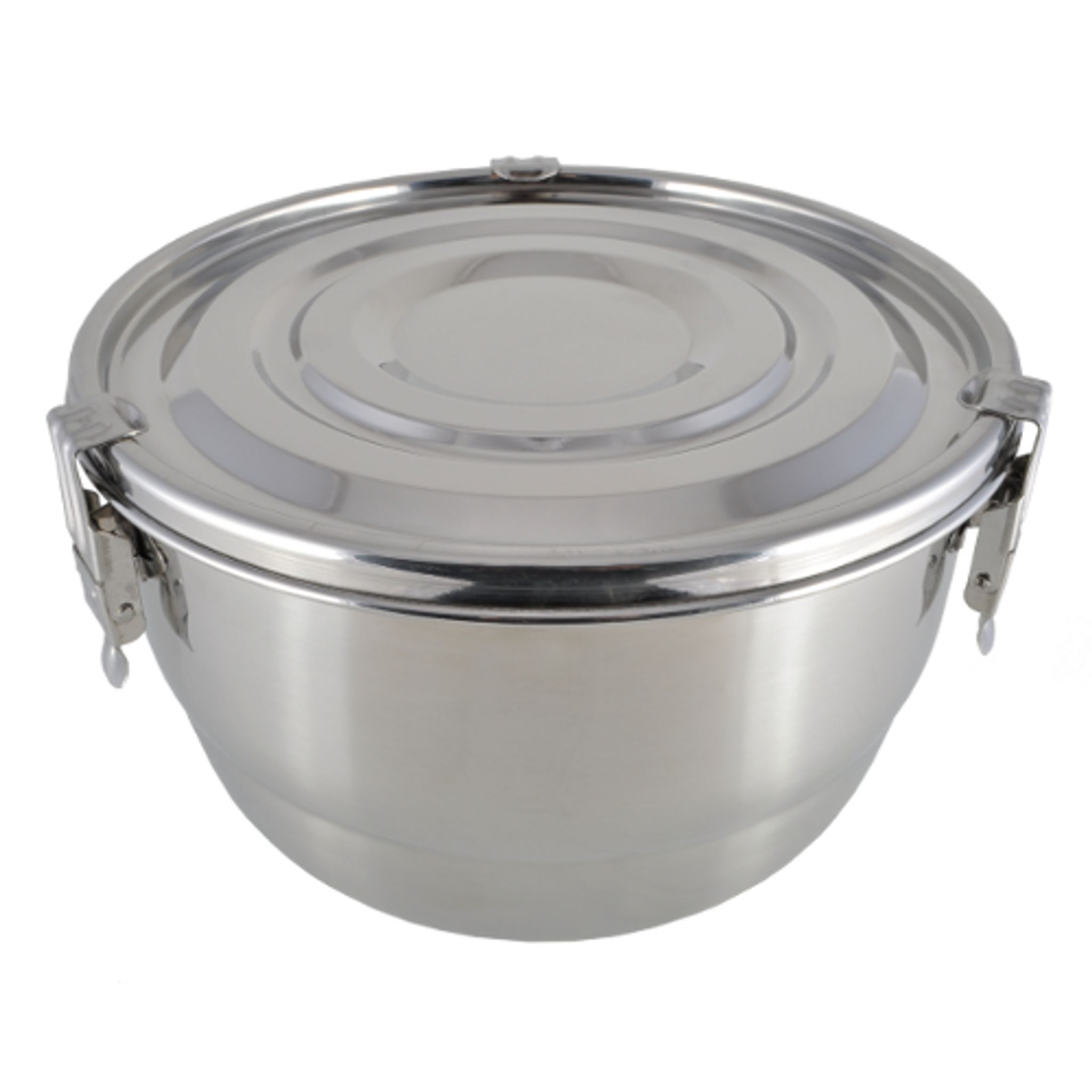Secrets of Successful Food Storage
When it comes to preparing for a crisis, food storage is essential. Knowing how to effectively store food for long-term consumption can help you and your family survive in times of emergency. Here are a few secrets to successful food storage that can help you ensure your family’s safety and security.
Preparing for Storage
The first step in successful food storage is preparation. Before you can store food for an extended period of time, you need to make sure it is properly prepared. This includes selecting the right type of food, as well as cleaning and packaging it correctly.
When selecting food for storage, it’s important to choose items that are nutrient-dense and have a long shelf life. Examples of these include dried beans, grains, nuts, and seeds. You should also look for foods that are low in moisture, as this will help them last longer.
Once you’ve chosen the right food, you should clean it properly. This means washing fruits and vegetables, and removing any dirt or debris. You should also remove any spoiled or damaged pieces, as these can cause spoilage.
Finally, you should package the food correctly. This means using air-tight containers or vacuum-sealed bags. This will help keep the food fresh for longer.
Finding the Right Storage Conditions
In order for food to stay fresh for an extended period of time, it needs to be stored in the right conditions. This means finding a cool, dry, and dark place that is free from pests.
Ideally, food should be stored at temperatures between 40 and 70 degrees Fahrenheit. This will help prevent spoilage and ensure the food stays safe to eat. You should also make sure the area is dry and free from moisture.
When it comes to light, you should try to keep the food in a dark place. This will help prevent the food from spoiling due to exposure to light. Finally, you should make sure the area is free from pests, as these can contaminate the food and cause it to spoil.
Rotating Your Food Supply
Finally, you should rotate your food supply regularly. This means consuming the oldest food first, and replacing it with new items. This will help ensure that your food supply stays fresh and that you always have a steady supply of food.
It’s also important to check the food regularly for signs of spoilage. If you notice any changes in color, texture, or smell, you should discard the food immediately. This will help prevent any food-borne illnesses and ensure your family’s safety.
Conclusion
Food storage is essential for surviving a crisis. By following these secrets of successful food storage, you can ensure that your family is safe and secure during an emergency. From preparing the food correctly to finding the right storage conditions, these tips will help you make sure your food supply stays fresh and safe for long-term consumption.










